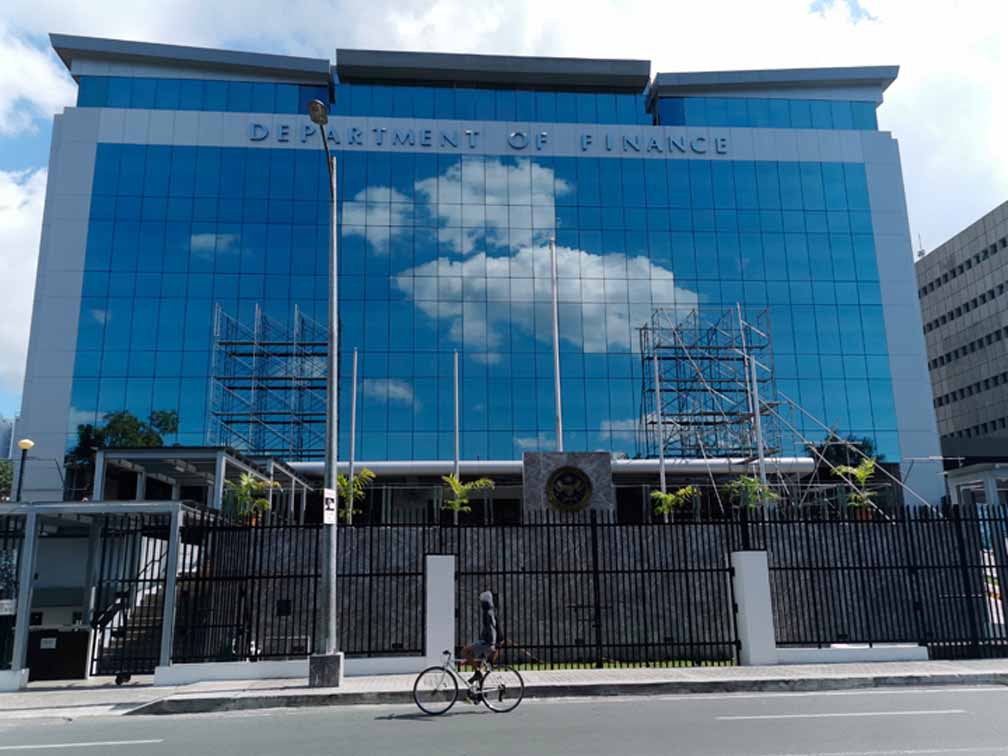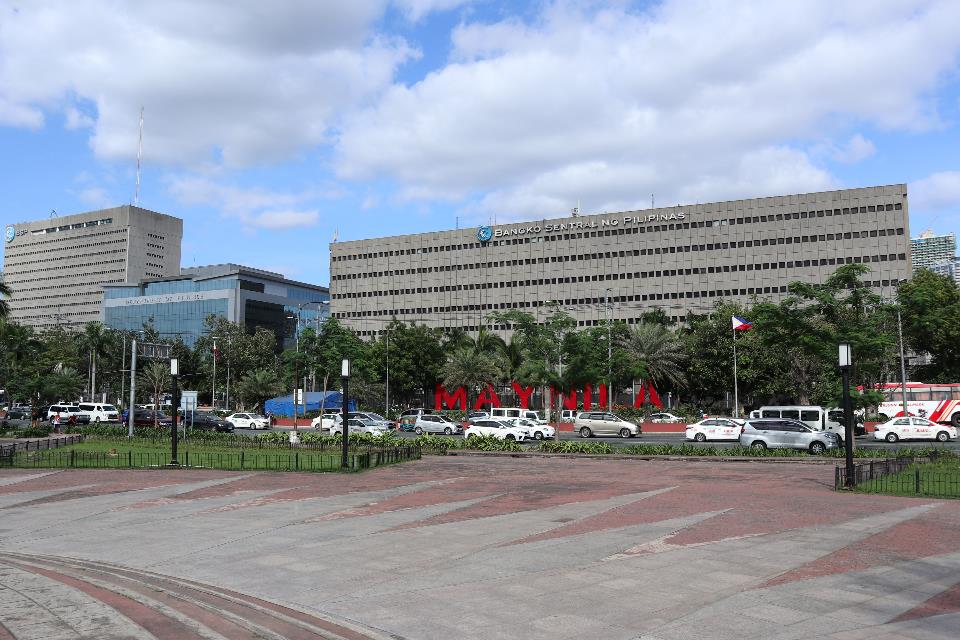THE Department of Energy (DOE) is ready to face lawsuits from oil firms opposed to the impending issuance of an overdue circular that will require them to unbundle fuel cost.
“We have no choice but to face it,” said DOE Undersecretary Felix William Fuentebella via text message on Wednesday.
The release of the circular should have happened in June last year, at just about the time the public was reeling from a surge in inflation where rising fuel prices—on account of global market movements and the higher excise tax—were cited as a key factor.
The move to compel oil companies to unbundle their fuel cost was seen as boosting transparency in pricing. However, the circular was not released in June as agency had to conduct another round of focus group discussions with the stakeholders.
The DOE is ready to issue the circular anytime soon, Fuentebella said. “The third and last public consultation was held at the end of January. We are now in the process of finalizing the circular and getting the position papers.”
The draft policy enables the unbundling of the base prices of petroleum products, namely, gasoline, automotive and industrial diesel, kerosene, jet fuel, bunker fuel oil and household and automotive liquefied petroleum gas. This is the first time that the government, through the DOE, will require oil companies to make public the breakdown of the costs that go into the pricing of fuel.
The DOE also wants oil companies to provide a weekly notice of the price adjustments—whether decrease, increase or no adjustment—alongside the computation of their products’ components based on the elements involved in the international price movement, the biofuels cost and the operational cost recovery.
The Independent Philippine Petroleum Companies Association and the Philippine Institute of Petroleum (PIP) have a similar stand on the issue, according to Ippca President Bong Suntay.
The oil industry is a deregulated industry, he said. Most of the key components of oil price are already public knowledge, such as price of crude oil which is published by MOPS (Mean of Platts Singapore), carriage price or vessel, insurance and dollar exchange rate are also easily determinable.
MOPS refers to the price of finished products, such as gasoline and diesel that are sold in pumping stations nationwide.
“But there are some things which are proprietary to each oil company which they cannot divulge, the same being trade secrets. Divulging such would mean losing their advantage,” said Suntay.
Ippca has at least 16 members comprising the country’s leading independent oil players, such as Eastern Petroleum Corp., Unioil Petroleum Philippines Inc., Seaoil Philippines, Flying V, City Oil, Pryce Gases and LPGMA, among others.
When asked if his group was considering going to court to stop the implementation of the circular, Suntay said in an interview on Wednesday, “It’s an option that we will have to get a consensus from the other oil companies.”
PIP Executive Director Teddy Reyes said in an e-mail reply that the group strongly objects to the unbundling proposal, “but to date resorting to legal action is not considered yet.”
The group, composed of Petron Corp., Pilipinas Shell, Chevron, PTT Philippines and Isla LPG, cited several reasons for resisting unbundling.
He said almost 90 percent of pump price cost components are published and therefore transparent. “As such, information sought by the draft circular may be derived by the DOE without necessarily requiring players’ disclosure of commercially sensitive information.
“Too much transparency will discourage investing in the country,” said Reyes, adding that local and foreign investors would want a level playing field under a deregulated setup fostering a market-driven competition.
PIP added that mandating extreme transparency in pricing “is a bane in business, pricing strategies needed to survive financially and operationally lose flexibility. “
While weekly price adjustments are almost similar to all, the eventual and final prices in the pump are market forces-based, stressed Reyes.
“Competition is very tight so competition occurs in the pump of retail stations located in common trading areas. The increments vary from one trading area to another in various locations in a town, province, region,” he added.
Moreover, Reyes said individual company decisions, particularly on how to strategize pricing is crucial to sustaining operational and financial viability.































